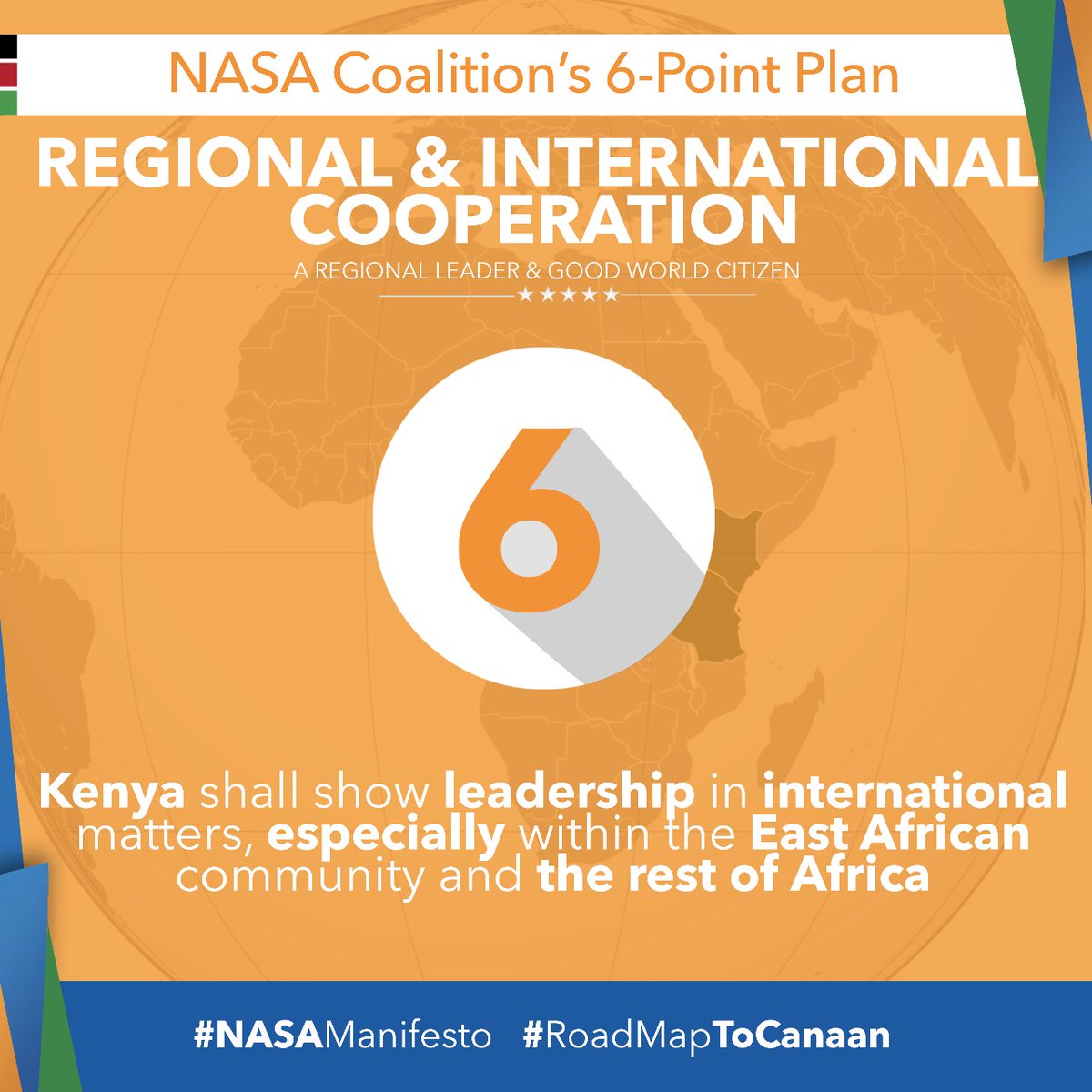This week has been a busy one for the two main political parties in Kenya. They have launched their manifestos with lofty promises as the day for the elections nears.
Jubilee party, led by President Uhuru Kenyatta, was the first to launch its manifesto on Monday, followed by the National Super Alliance (NASA) of Raila Odinga, which launched its manifesto on Tuesday.
Jubilee’s manifesto is pegged on three pillars: Transforming Lives, Transforming Societies
and Transforming the Nation. The party says its vision is to build a united Kenya in which wealth is created and prosperity is shared amongst all citizens.
It also promises a fast-growing economy that leaves no one behind, an accountable, professional and efficient government and a role for Kenya as an influential regional power that is at peace with itself and its neighbors.
The party that has been in power for the last four and a half years says that it has already delivered improved security, economic stability, jobs, expanded access to affordable health care and modernized public services.
“We must now redouble our efforts to build upon the foundations of success. The task is not yet complete. The work must continue and should not be derailed,” says President Uhuru in the manifesto. On the other hand, NASA, in its 7-point manifesto is promising radical changes in the first 100 days in office. It says that theirs is a manifesto for fundamental change which seeks to implement Kenya’s constitution that was enacted in 2010.
On the other hand, NASA, in its 7-point manifesto is promising radical changes in the first 100 days in office. It says that theirs is a manifesto for fundamental change which seeks to implement Kenya’s constitution that was enacted in 2010.
“We are offering Kenyans the choice between faithful implementation of our new constitutional dispensation, and yet another triumph of the old order,” says the document in its foreword.
Its seven pillars are national healing and reconciliation, resolving historical injustices and refining the constitution to strengthen devolution of government services to counties.
Other pillars of the NASA manifesto are transforming government into a servant of the people, realizing equality principles enshrined in the constitution, realizing social and economic rights and eradicating poverty and unemployment.
“NASA’s seven-point manifesto is too unwieldy, reactive and duplicitous. With the best of intentions, Kenya will need a hundred years to implement it — at least by 2117 AD,” says Peter Kagwanja, a government-leaning political analyst.
Whereas the two manifestos are different in many ways, they also have similarities. The two parties promise that they will provide free secondary education once in office. The aim of this is to increase the transition rate from primary schools to secondary schools. They also both say they will increase monthly stipends given to the disadvantaged and the elderly. Some critics say this will breed laziness among citizens and also balloon the government spending.
Those opposed to this say that the two parties are not telling Kenyans how they will raise the money to support the promises they are making. They say that the government that comes into power will either increase taxes for citizens or it will resort to more borrowing, which will increase the public wage bill.
The Kenyan elections are set to be held on 8th August. Already, the electoral commission says printing of ballot papers is going on in Dubai, despite a court case that has been filed by the opposition, seeking to cancel the KSH 2.5 billion (USD 241m) tender awarded to a Dubai-based company, Al Ghurair, on allegation that its directors have close ties with the Kenyan President. The company has denied the allegations and the case is set to be heard by a three-judge bench on Friday.































